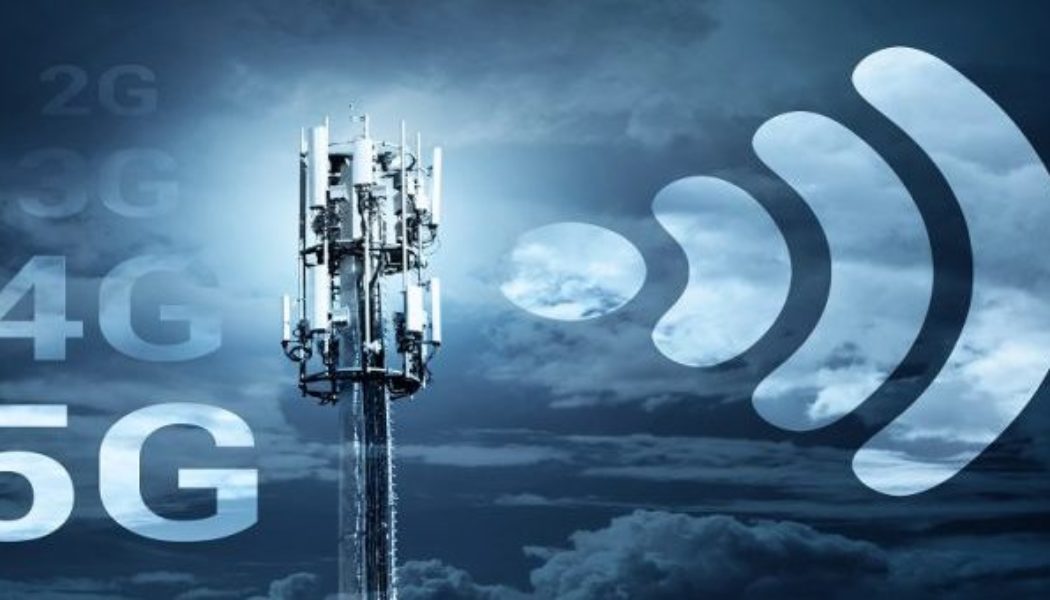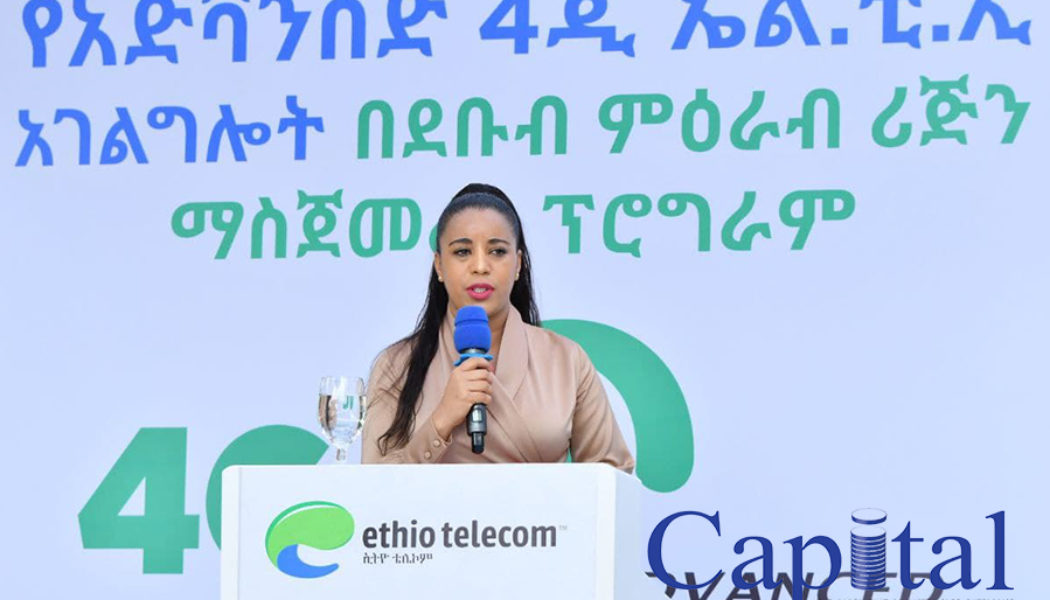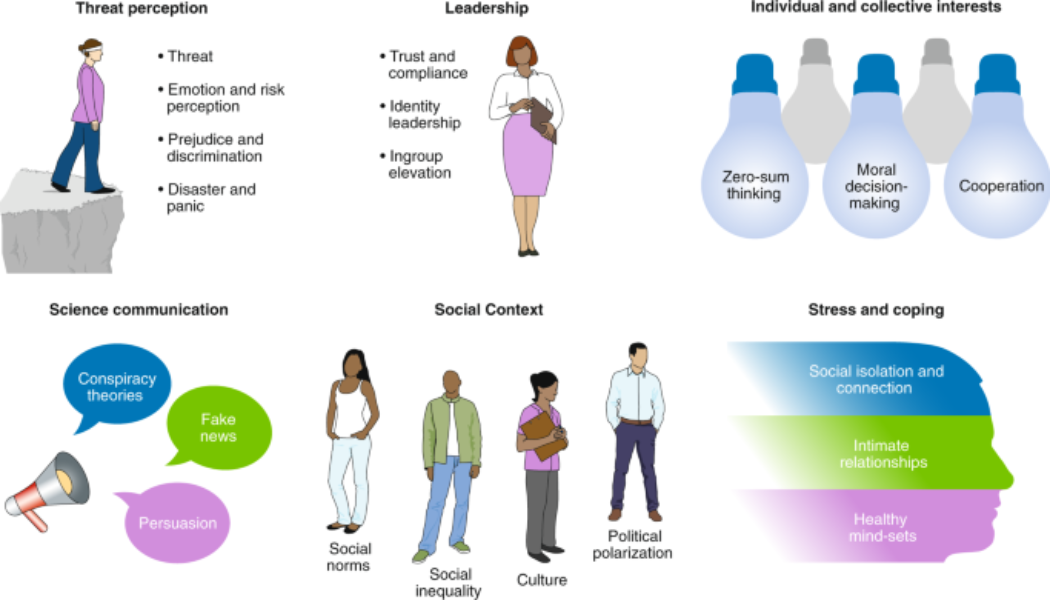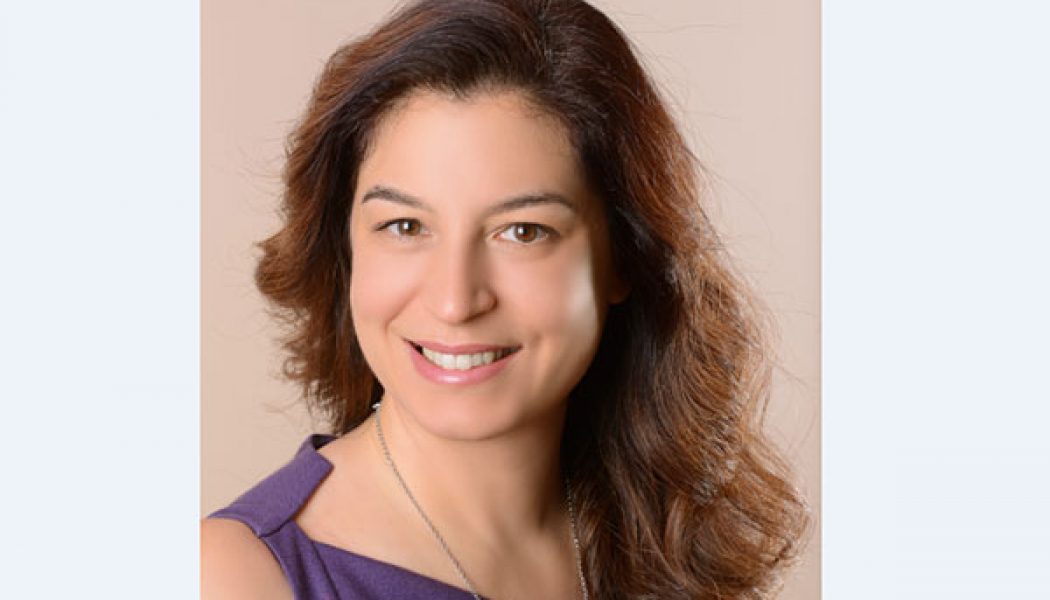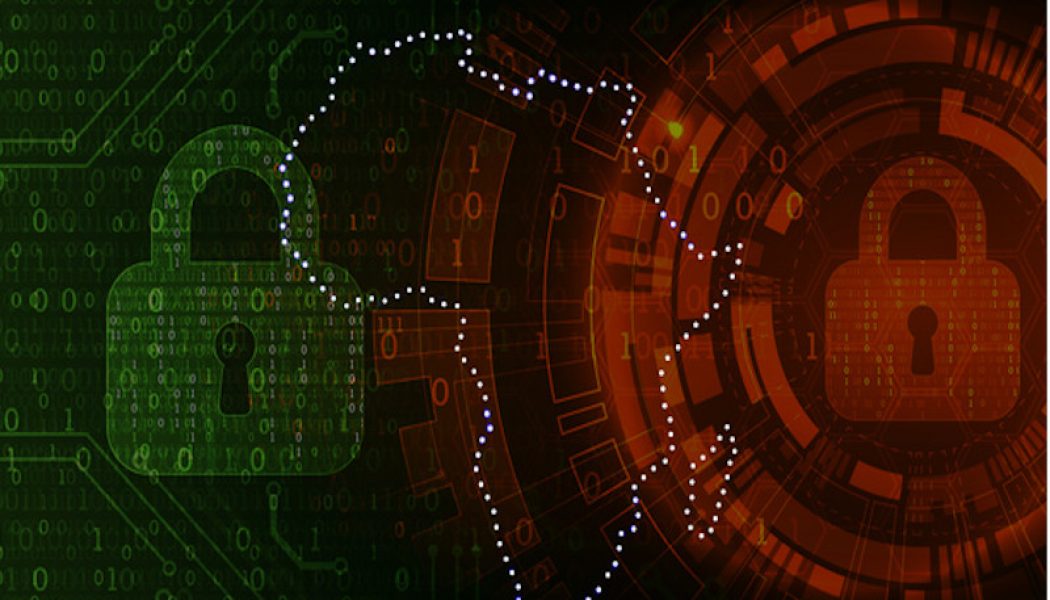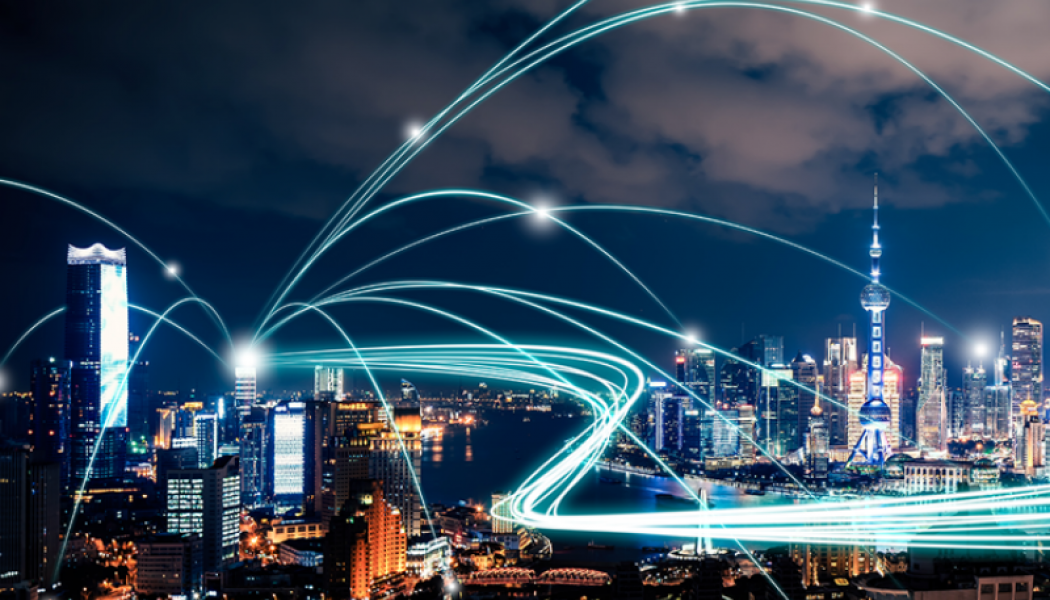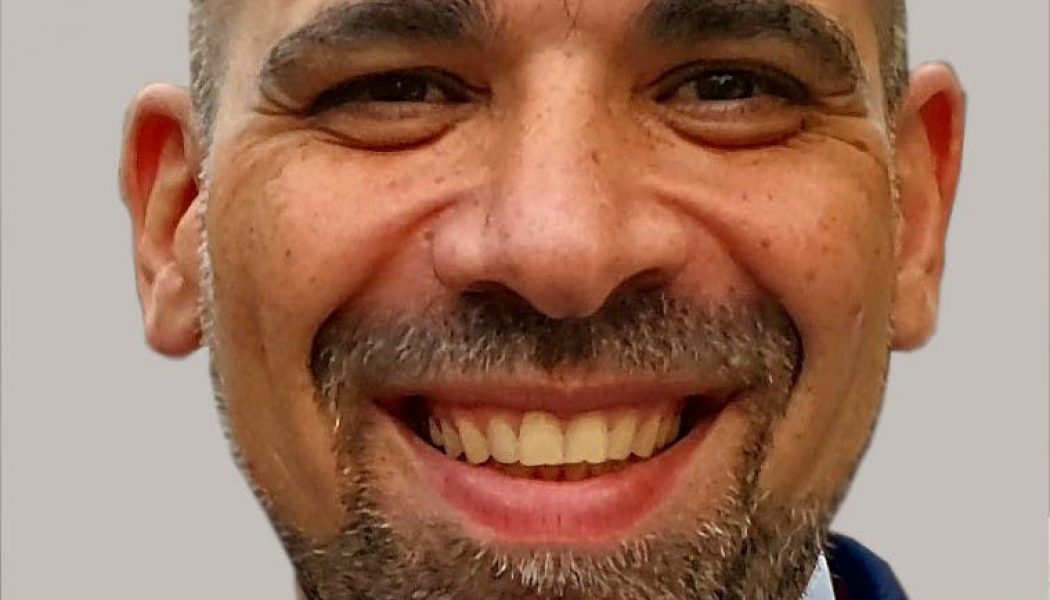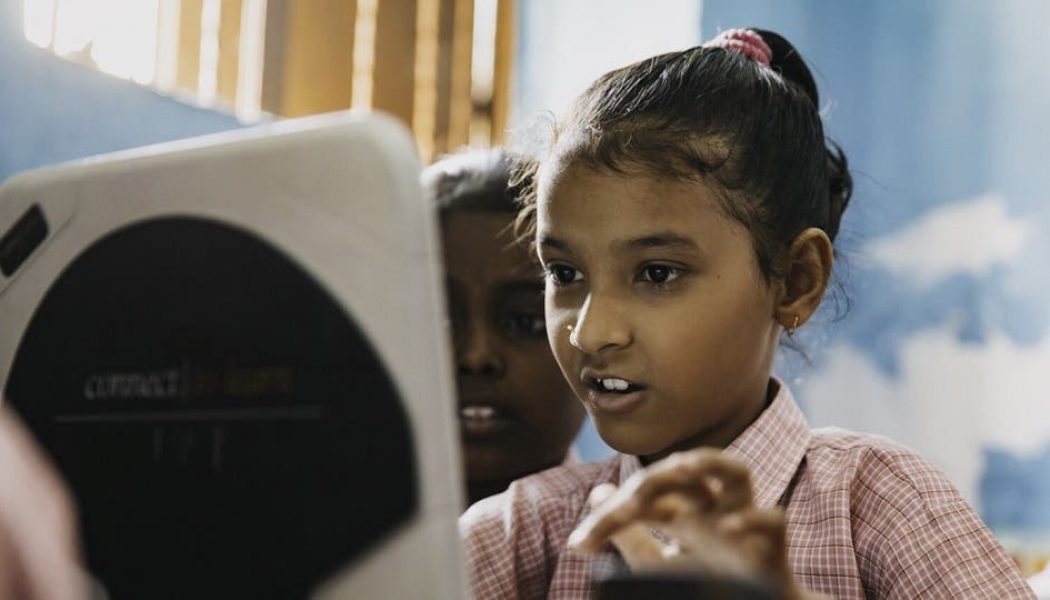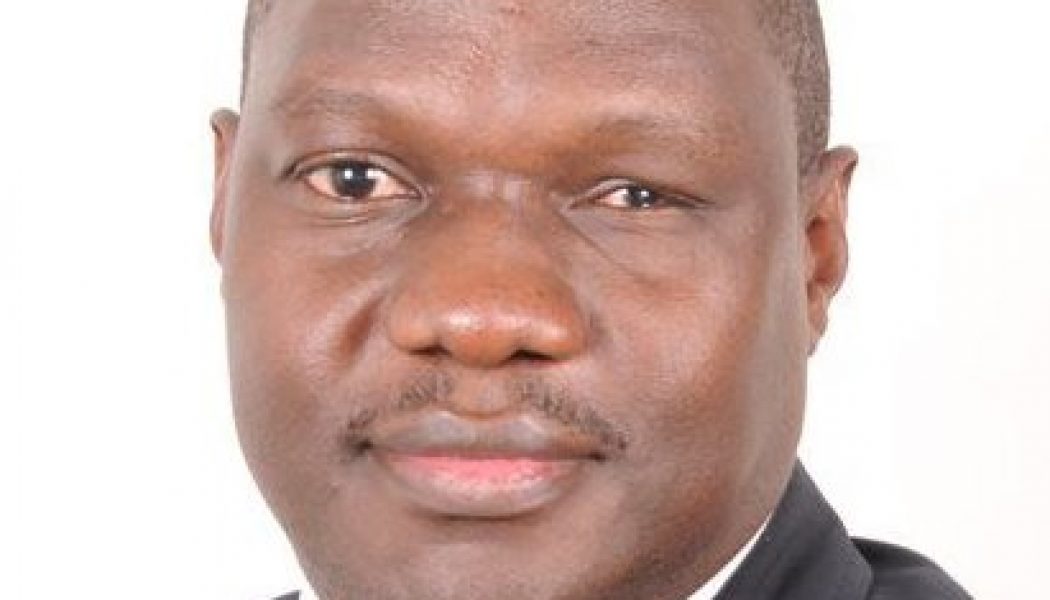Ericsson news
Ericsson Appoints New VP and Head of People for MEA
Ericsson has appointed Sena Erten as Vice President and Head of People of Ericsson Middle East and Africa. In her new role, Erten is expected to guide the business towards a world-class employee experience that is people-centred, adopting the latest digital technologies, and leading the way in driving company culture. In a fast transforming industry, she will drive Ericsson’s people transformation in the region through innovative leadership, attracting and retaining the best talents and helping Ericsson create a compelling employee experience. “People are at the centre of everything we do at Ericsson. I am delighted to welcome Sena into her new role. Her extensive knowledge and experience will further strengthen our people function,” says Fadi Pharaon, President of Ericsson MEA. /* custom ...
How Telcos are Bringing Inclusion to Africa’s Financial Landscape
Sourced from IDG Connect Mobile financial services are a global game-changer with an open money network being the connection needed between the financial industry and telecom to increase both the commercial and social benefits. As the world grapples with an unprecedented crisis in the form of the COVID-19 pandemic, consumers are cautious to use cash or making a withdrawal from an ATM and agent network. This has given mobile money a new dimension as customers can make payment anywhere at any time with their mobile devices as easy as sending a text message in geographies that are normally unable to benefit from banking structures. This allows customers to seamlessly purchase products or services without having to physically hand over cash or swipe a card. The freedom to send, spend and recei...
Demand for Data in Africa is Increasing, Here’s How
Africa has become home to over a billion people and the population is expected to grow in the coming years. The Information and Communication Technology (ICT) sector is essential for Africa’s development and adequate ICT service deployment and digital connectivity will play a crucial role in the continent achieving economic sustainability. The forecast is that mobile data traffic in Sub-Saharan Africa is estimated to grow by 12 times the current figures, with total traffic increasing from 0.33 Exabytes (EB) per month to 4EB by 2025. Meanwhile, average traffic per smartphone is expected to reach 7.1GB over the forecast period, according to the Ericsson Mobility Report. Key drivers will be extensive network coverage and the reduction in prices of both devices and services. Also, driven by th...
Ericsson Aims to Enable Financial Inclusion and Development Across Africa
As the world grapples with the COVID-19 health crisis, the desire for mobile money and contactless payments is on the rise to avoid infections and disease transmission. With mobile money, customers can make payments anywhere at any time with their mobile devices connected to the Internet which decreases exposure to physical money, Point of Sales (PoS) terminals and Automated Teller Machines (ATM)– especially with high volumes of micropayments. The freedom to send, spend and receive money with a mobile phone is quickly becoming an essential part of life for billions of people. It is said that more money remains digital – promoting further digital transactions circulating in the system – rather than being cashed-out – which is great progress towards a cashless society. In 2019, GSMA recorded...
Ericsson Launches a Digital Learning Programme for Students
In response to how the global COVID-19 pandemic has disrupted education and learning around the world, Ericsson has joined the UNESCO-led Global Education Coalition by launching Ericsson Educate – a digital programme delivering online learning content focused on improving digital skills for students in secondary schools and universities. Now more than ever, being digitally connected is vital to maintaining a sense of normalcy during the current circumstances. Education is one critical sector particularly affected by the global COVID-19 pandemic, with around 1.2 billion students and youth around the world unable to attend traditional education institutions. This has placed a huge demand for comprehensive online education programs on governments and education institutions alike. The Ericsson...


